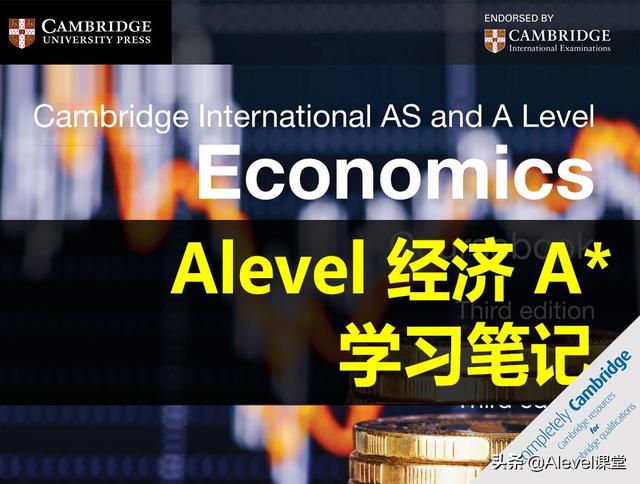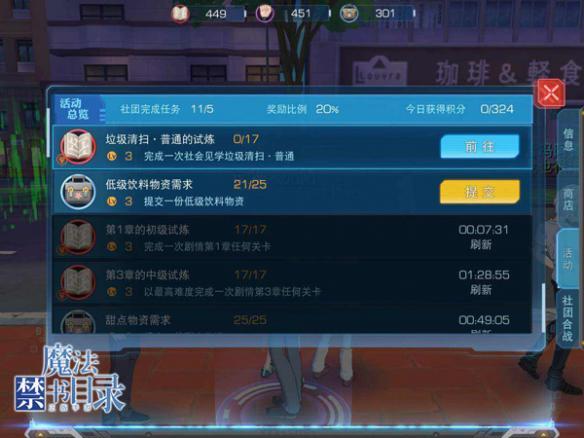
A-level economics revision guides and question banks covering labour markets, supply and demand, market structure and all core economics a-level topics.
以下内容我们会持续更新:

今天带给大家Alevel经济笔记是:
第5章:Free Market v. Command Economies——The Economic Problem经济问题
Some textbooks make this topic one of their first chapters.
After all, what is economics all about if we cannot attempt to solve the economic problem?
In the first section below we look at what this problem is all about.
一些教科书将这个主题作为他们的第一章之一。毕竟,如果我们不能尝试解决经济问题,那么经济学到底是什么?在下面的第一部分中,我们将了解这个问题的全部内容。

The title of this topic is 'Free market v. command economies'.
These are two examples of economic systems that can be used to attempt to solve the economic problem.
We will look at the different economic systems in the next Learn-It.
本主题的标题是“自由市场诉命令经济”。这是可用于尝试解决经济问题的经济系统的两个示例。我们将在下一个 Learn-It 中研究不同的经济体系。

The economic problem is all about scarcity.
If every inhabitant of every country in the world had everything they wanted, would there be an economic problem? Would we need economists?
经济问题全在于稀缺。如果世界上每个国家的每个居民都拥有他们想要的一切,会不会出现经济问题?我们需要经济学家吗?

Unfortunately, we tend to have infinite wants, but the resources required to produce these wants are scarce.
Hence, decisions have to be made as to how these resources are used, what is produced and how the final products are distributed in the economy.
不幸的是,我们往往有无限的需求,但产生这些需求所需的资源却是稀缺的。因此,必须决定如何使用这些资源、生产什么以及最终产品如何在经济中分配。

In the topic called 'Market failure',we introduced the production possibility frontier (PPF). It illustrates the problem of scarcity very well.
The frontieris convex to the origin.
If an economy is on the PPF it means that all of the economy's resources are being used and they are being used as efficiently as possible.
In this situation the economy cannot produce more of one set of goods without sacrificing another set of goods. This is the sacrifice, or opportunity cost.
在名为“市场失灵”的主题中,我们介绍了生产可能性边界(PPF)。它很好地说明了稀缺性的问题。边界凸向原点。如果一个经济体在 PPF 上,则意味着该经济体的所有资源都在被使用,并且正在被尽可能有效地使用。在这种情况下,经济不能在不牺牲另一组商品的情况下生产更多的一组商品。这就是牺牲,或机会成本。

The diagram above shows this opportunity cost on a PPF. Note that any good produced in the economy has to be either military or non-military.
The two groups are mutually exclusive.
If an economy is at point A, it is producing M1 military goods and NM1 non-military goods.
If it were decided that more non-military goods should be produced (a move to point B, for example) there would have to be a sacrifice in terms of military goods.
At point B, the economy enjoys NM2 − NM1 extra non-military goods, but at the expense of M1 − M2 military goods.
The sacrifice of M1 − M2 military goods is the opportunity cost of making NM2 − NM1 extra non-military goods.
上图显示了 PPF 的机会成本。请注意,经济中生产的任何商品都必须是军用或非军用。这两组是相互排斥的。如果一个经济体在 A 点,它正在生产 M 1军用商品和 NM 1非军用商品。如果决定生产更多的非军用商品(例如,转移到 B 点),就必须在军用商品方面做出牺牲。在 B 点,经济享有 NM 2 - NM 1额外的非军事商品,但以 M 1 - M 2军事商品为代价。M 1 - M 2军品的牺牲是机会成本制造 NM 2 - NM 1额外的非军事物品。

The key point here is that a choice has to be made. Whether the economy is at point A or point B, it cannot produce more of both sets of goods (not in the short run, anyway).
这里的关键是必须做出选择。无论经济处于 A点还是B 点,它都不能生产更多的两种商品(无论如何,短期内不会)。
The choice of a government at each general election is all about voting for the Political Party that you think will do the best job at making these choices.
Almost every day there is something in the news about cuts in spending here and increases in spending there.
It's never all good news. If a government spends in one area it has less to spend in another.
在每次大选中选择政府都是关于投票给您认为在做出这些选择方面做得最好的政党。几乎每天都有关于削减这里支出和增加那里支出的新闻。从来都不是好消息。如果政府在一个领域支出,那么在另一个领域的支出就会减少。

At the top of the last section, I touched on three questions that governments(who run economies) have to ask themselves.
What will be produced? How will it be produced?
For whom will it be produced (or, how should the resulting production be distributed)?
You will find these questions in every textbook.
The answers to these questions depend on what economic system a government decides to operate.
In 'The different economic systems' Learn-It, we look at the choice of economic systems for governments and find out how these three questions are answered when each of the systems is adopted.
在上一节的顶部,我谈到了政府(经营经济体)必须问自己的三个问题。会生产什么?它将如何生产?它将为谁生产(或者,应如何分配产生的产品)?你会在每本教科书中找到这些问题。这些问题的答案取决于政府决定采用何种经济体系。在“不同的经济体系”Learn-It 中,我们着眼于政府对经济体系的选择,并找出在采用每个体系时如何回答这三个问题。

今天的Alevel经济笔记就更新到这里,如果大家对Alevel经济学感兴趣可以关注我们,
关于Alevel经济笔记第5章:Free Market v. Command Economies后续的更新计划如下:






